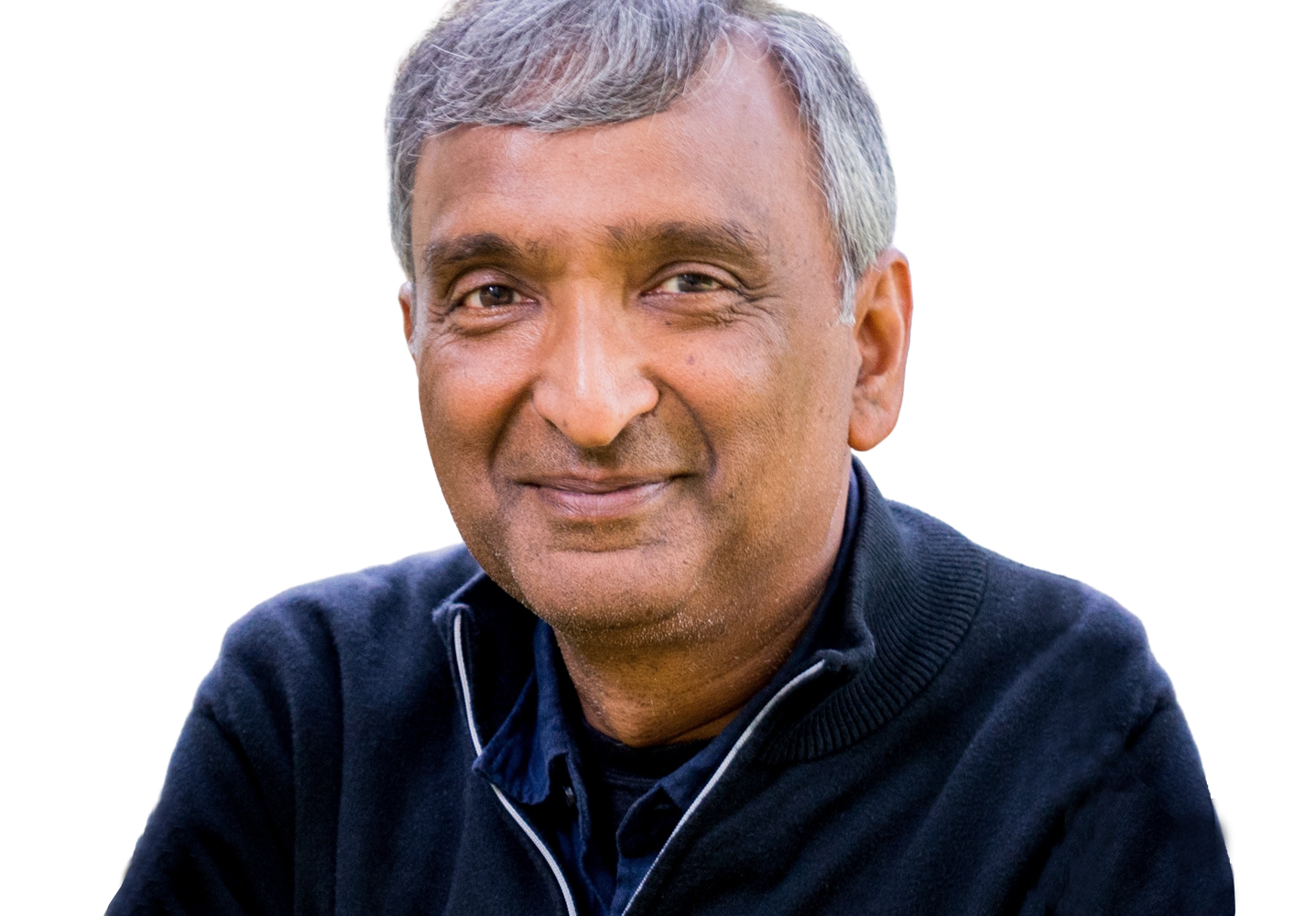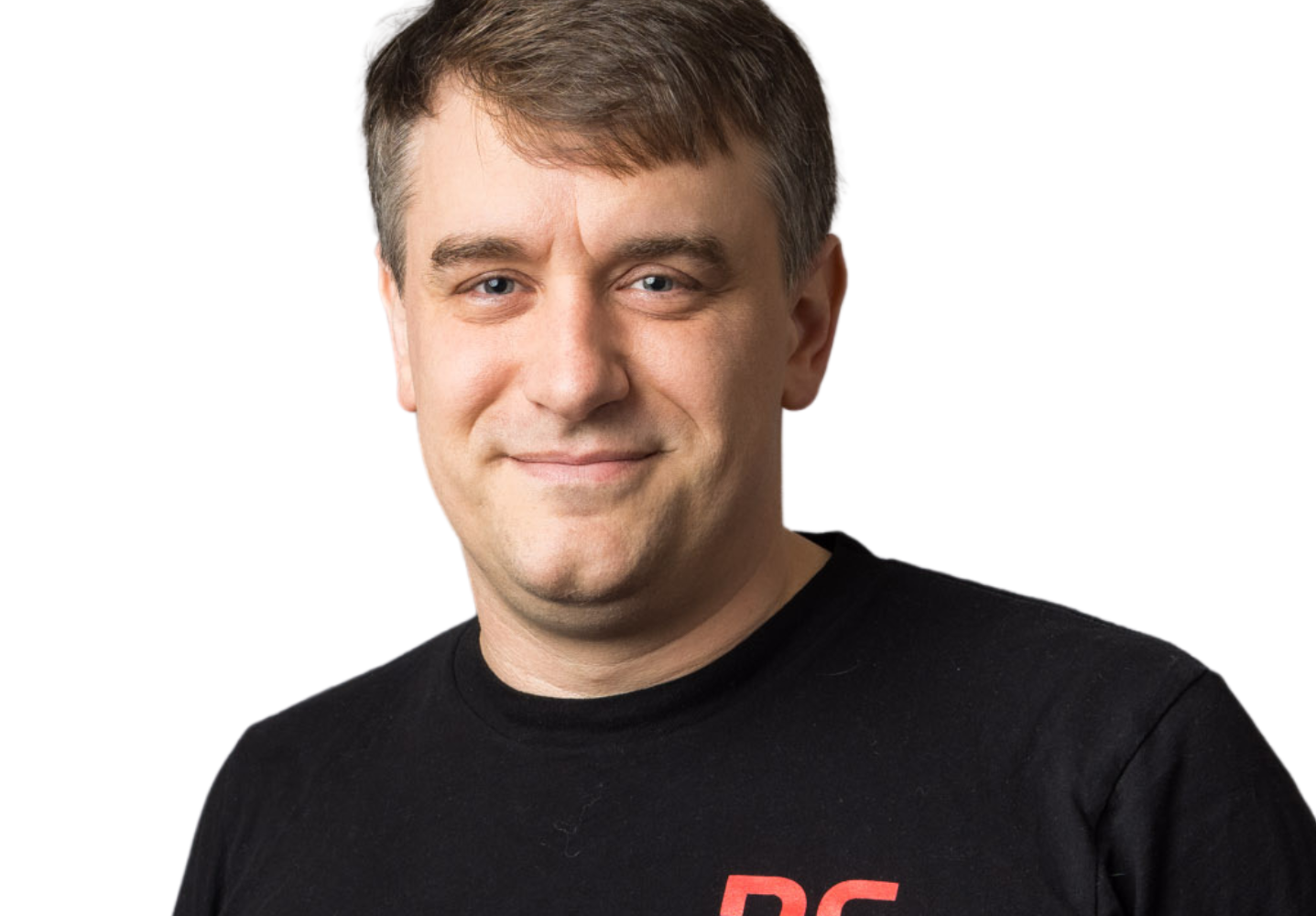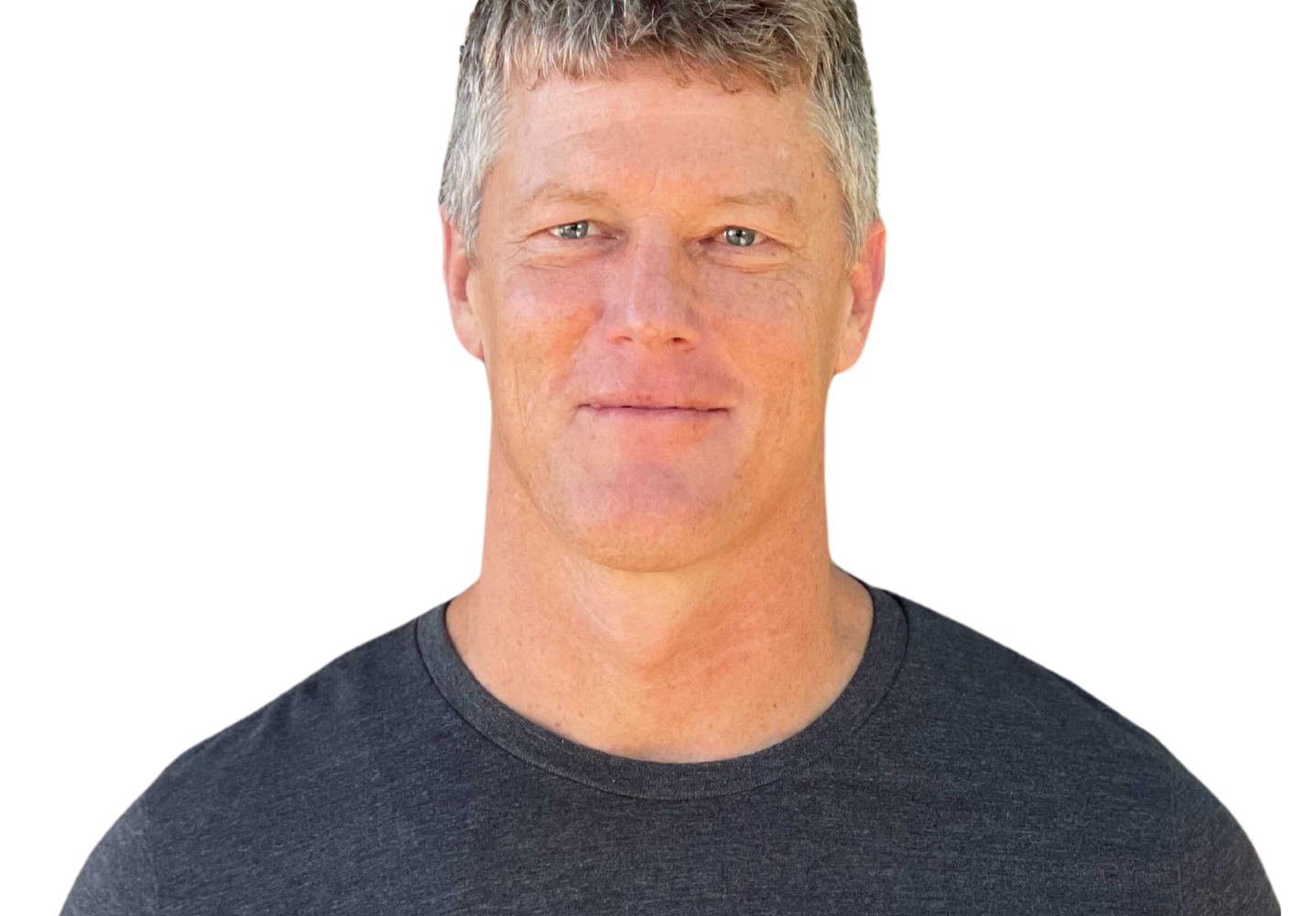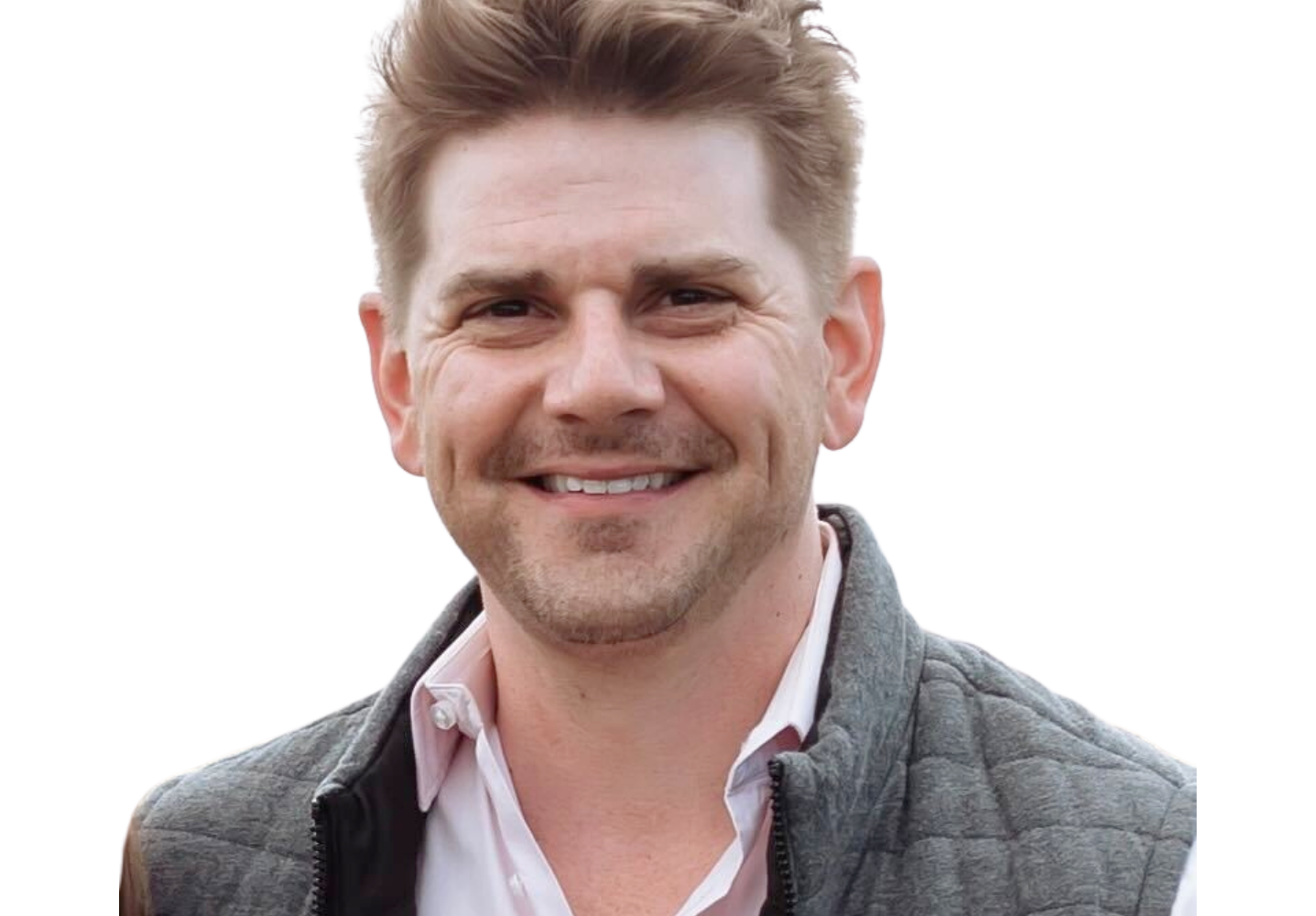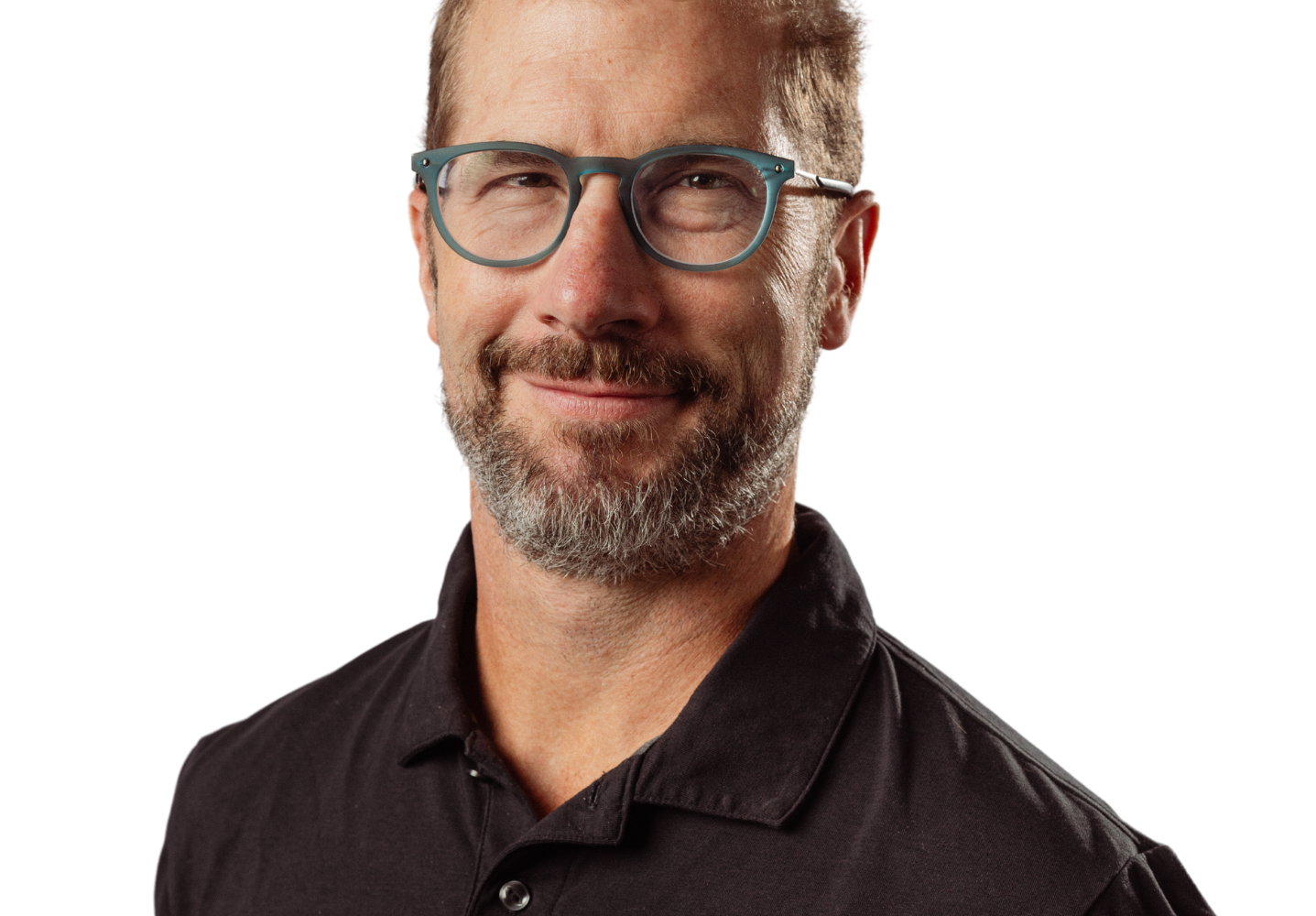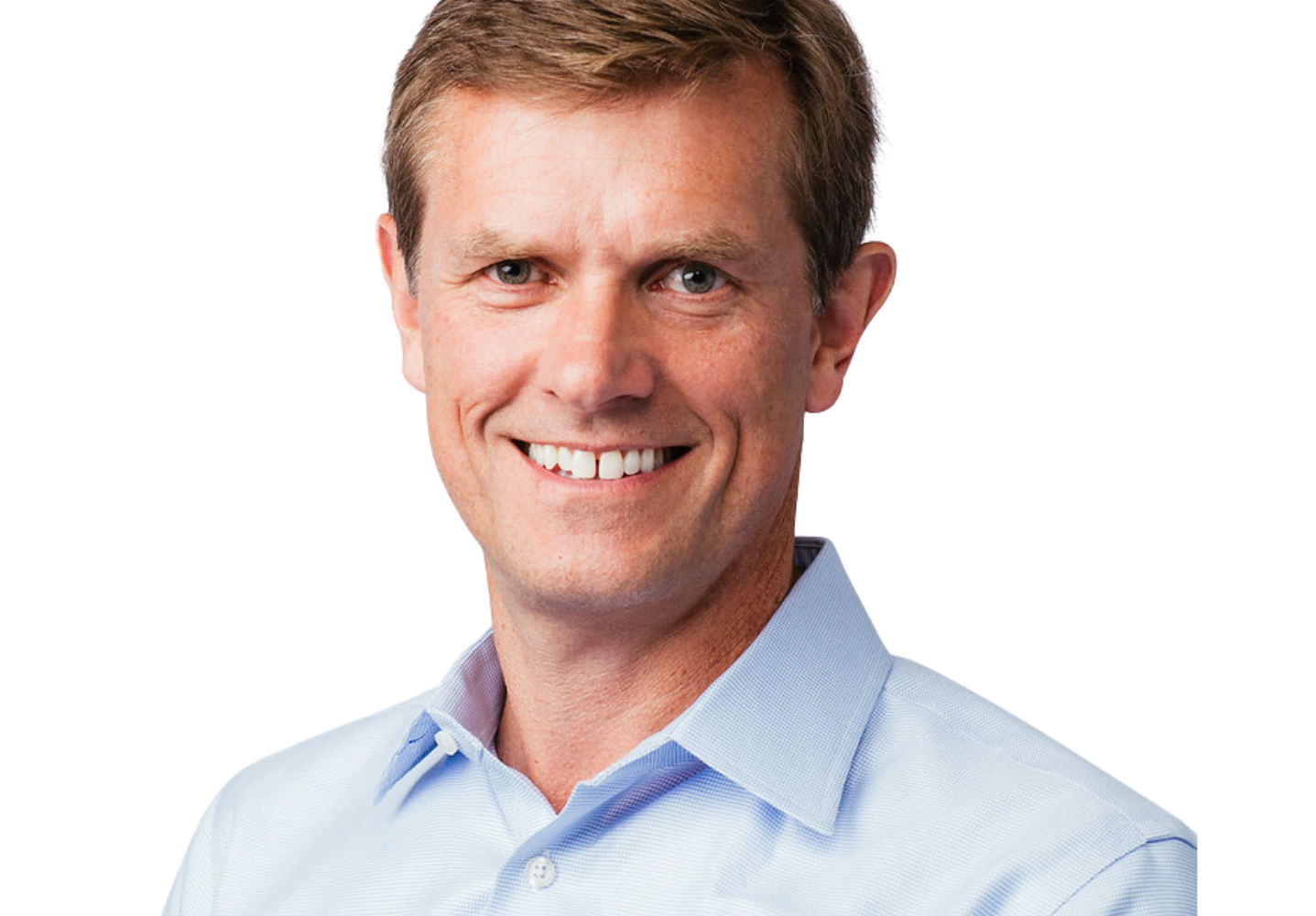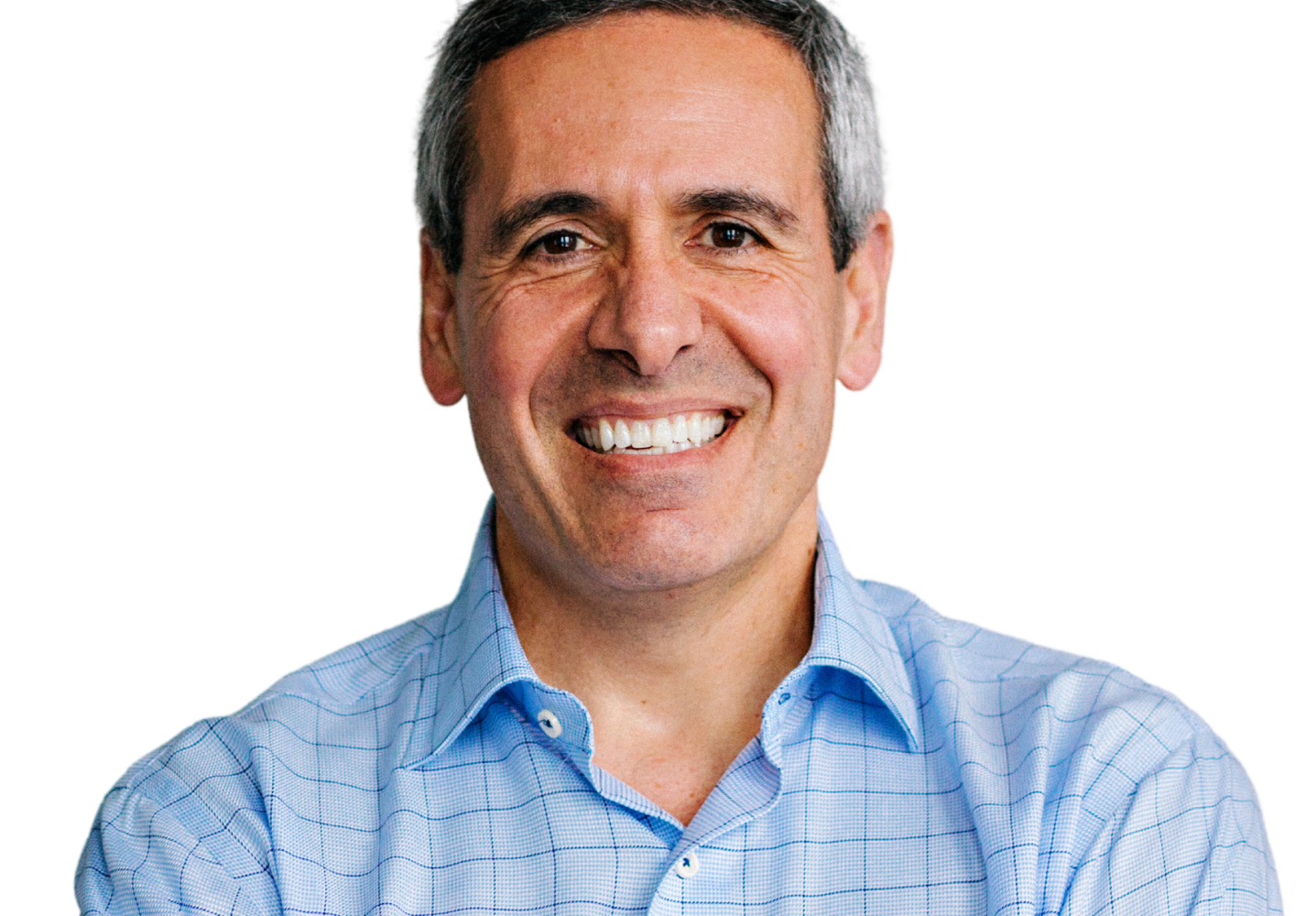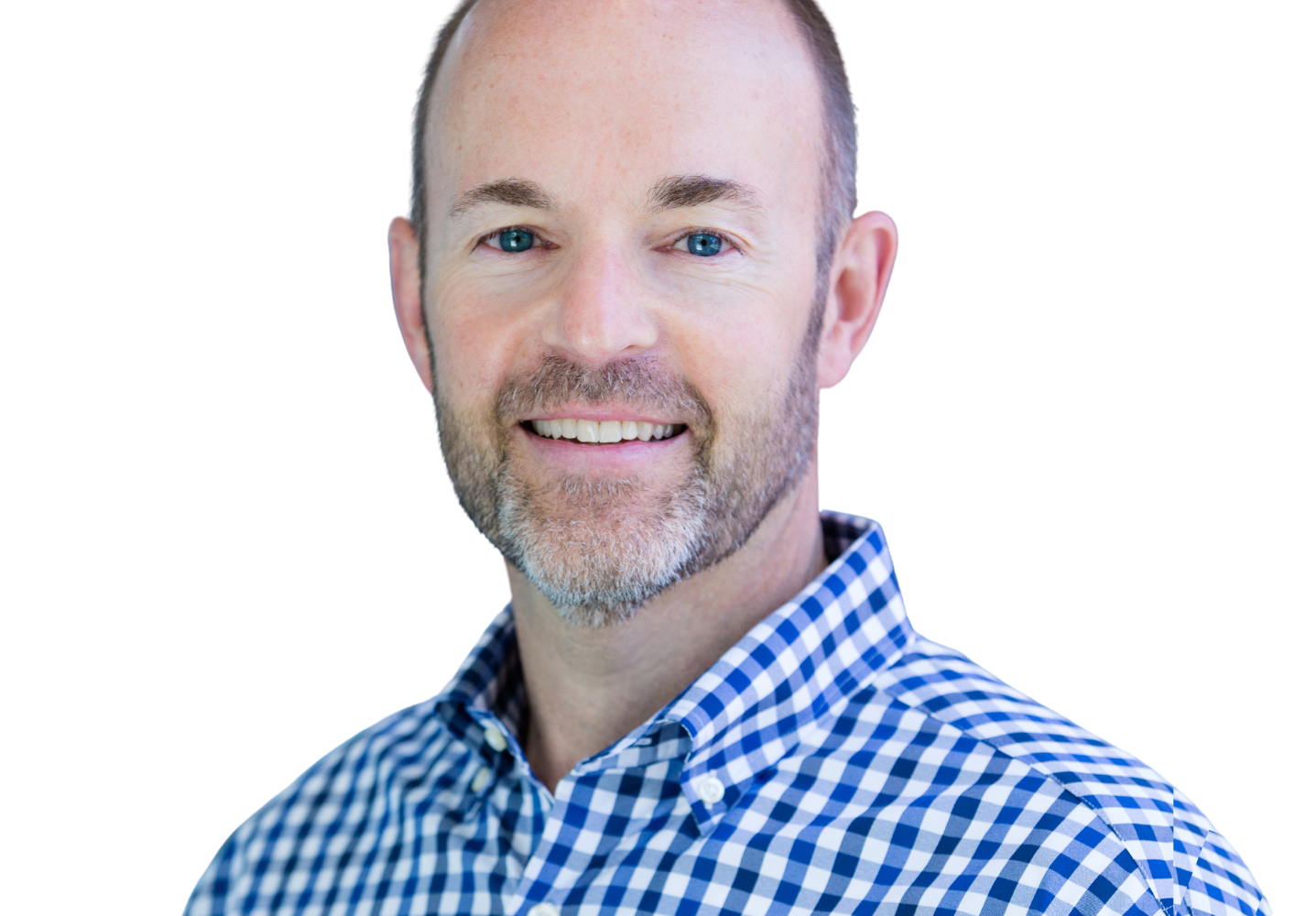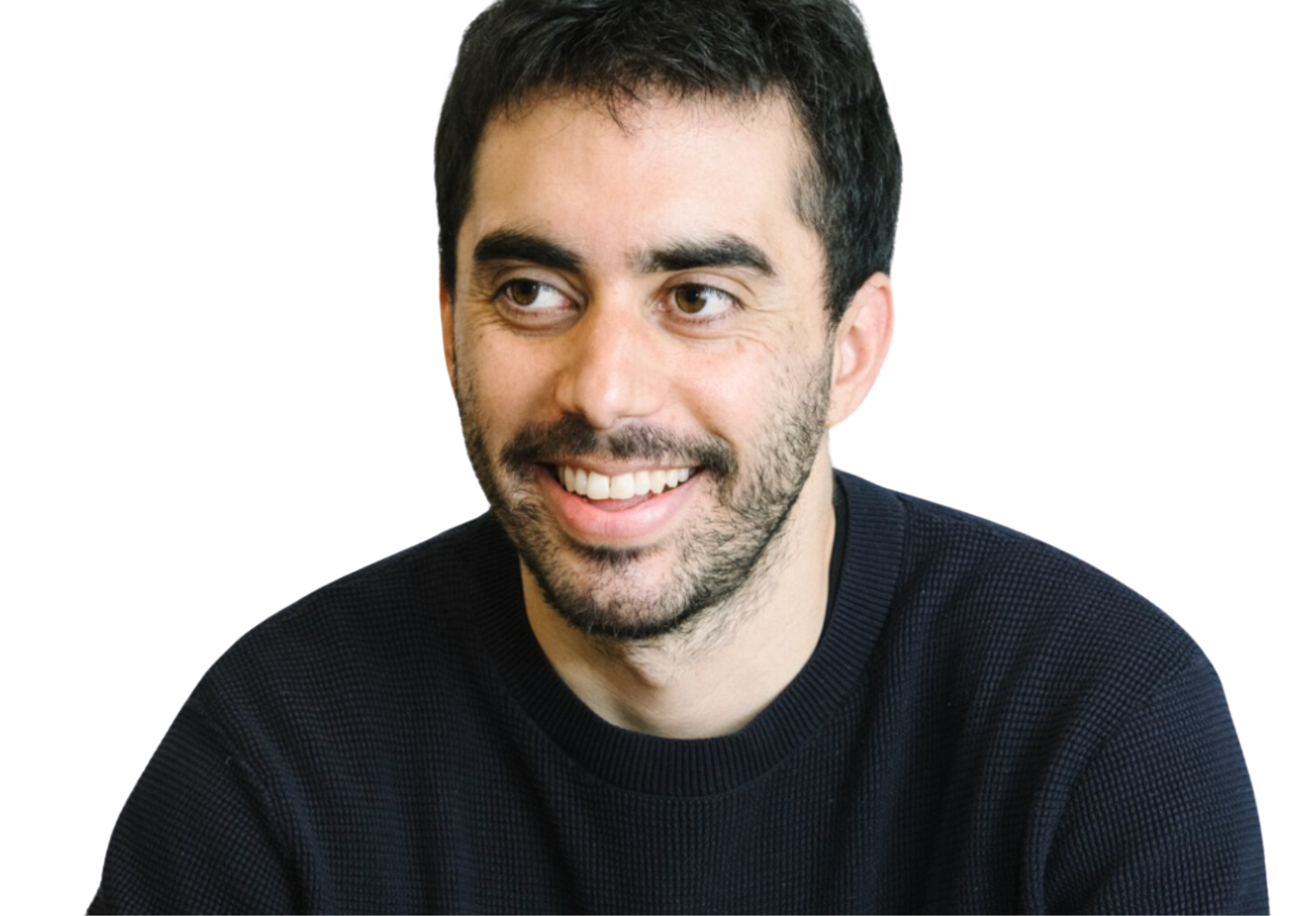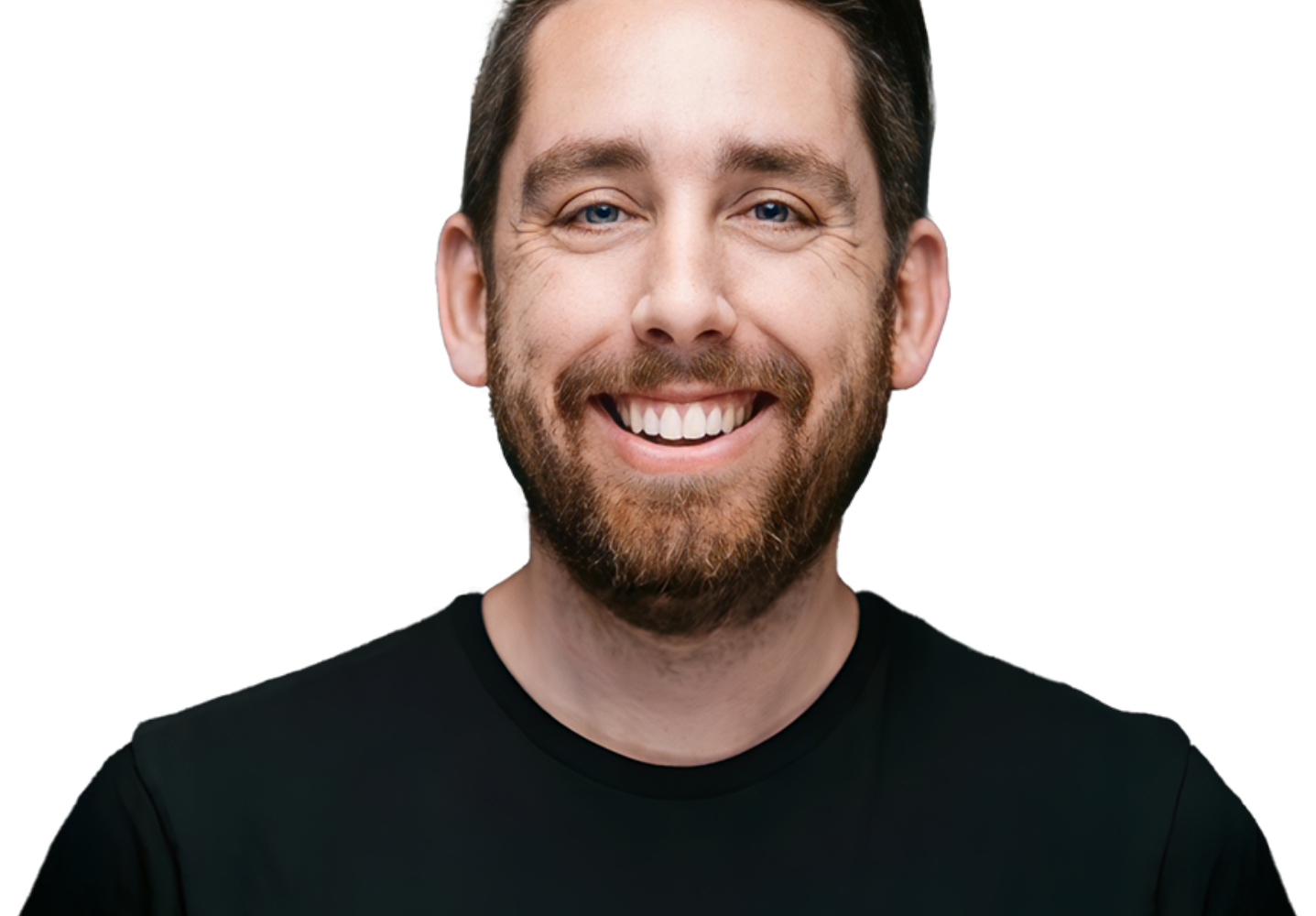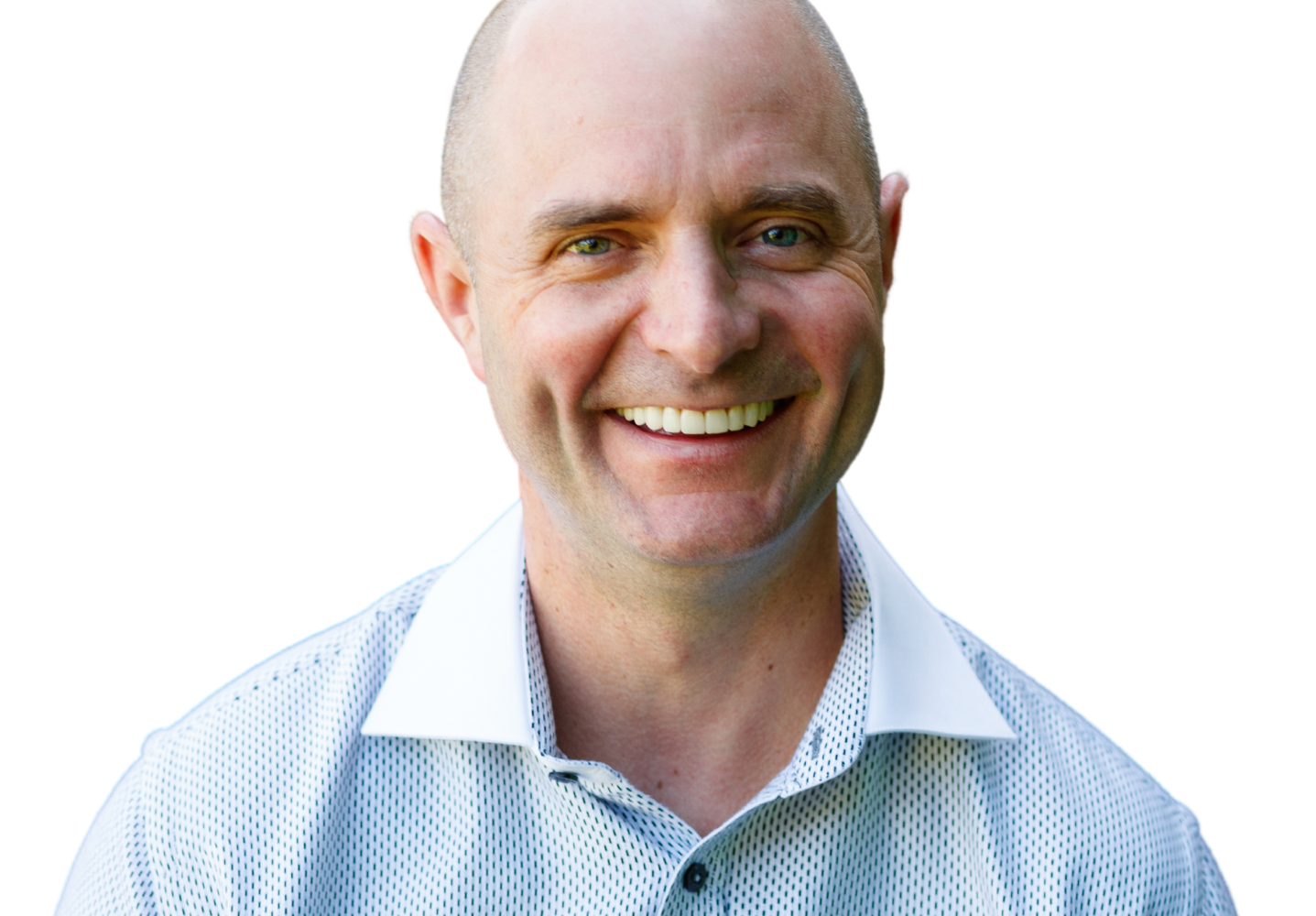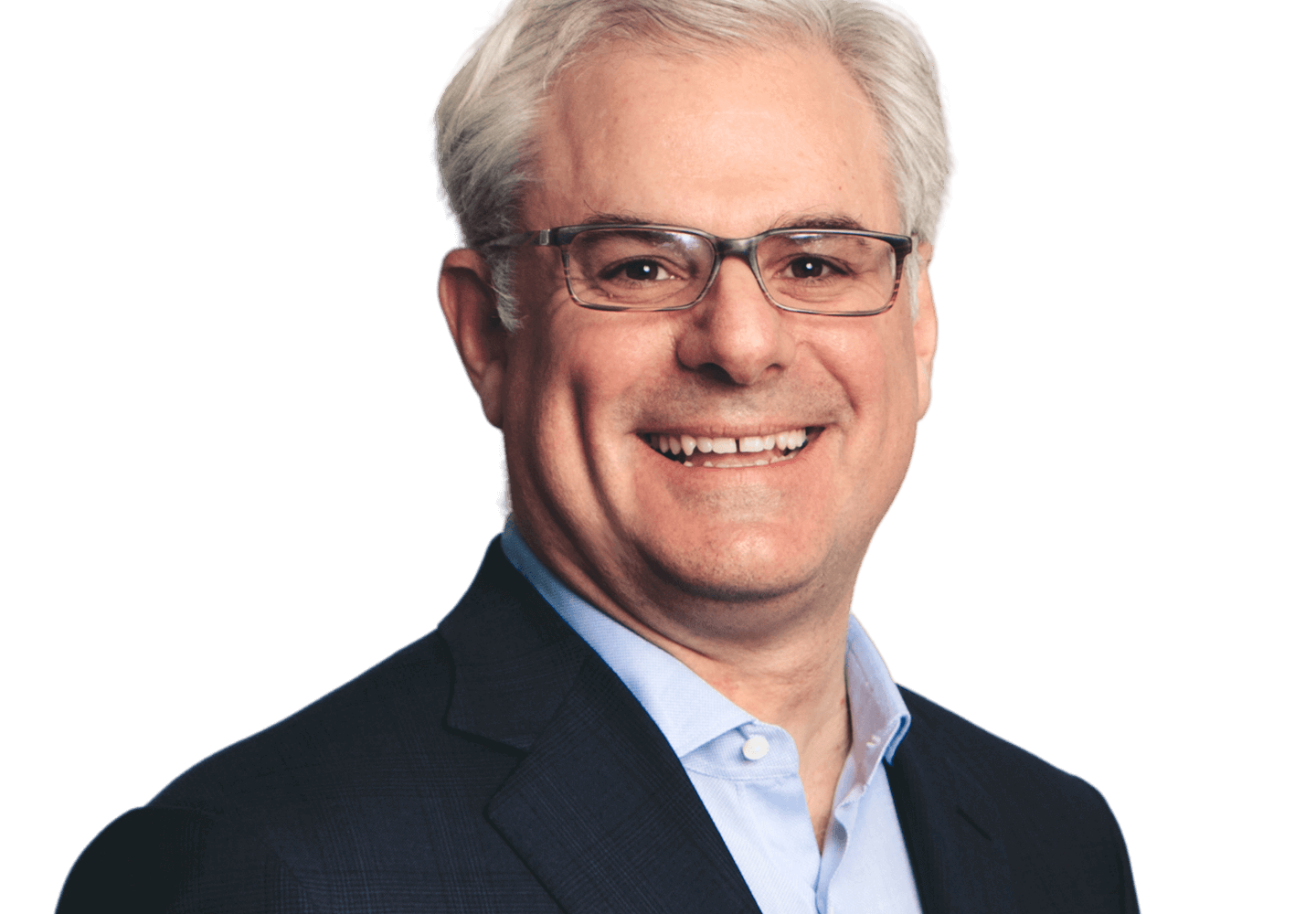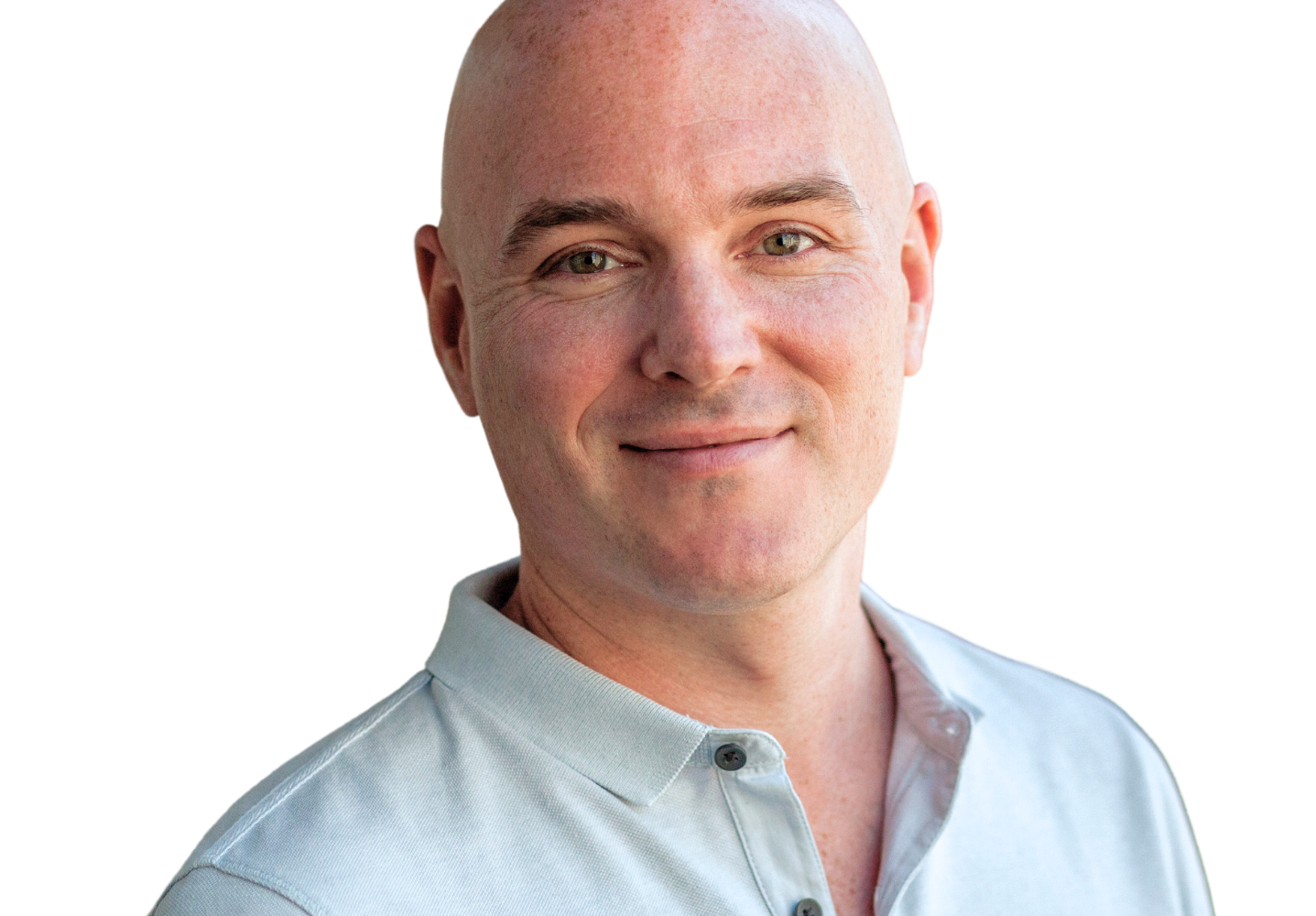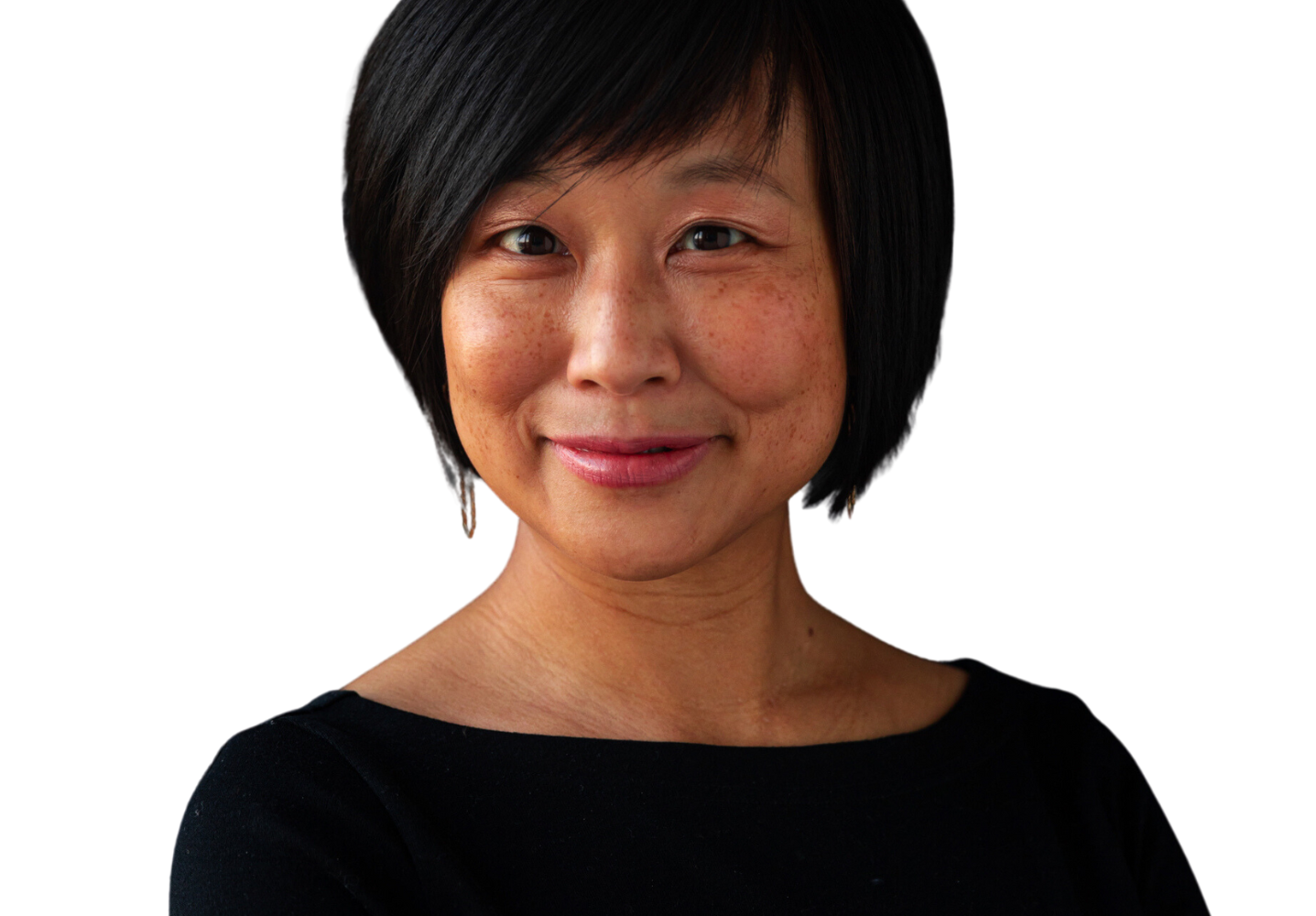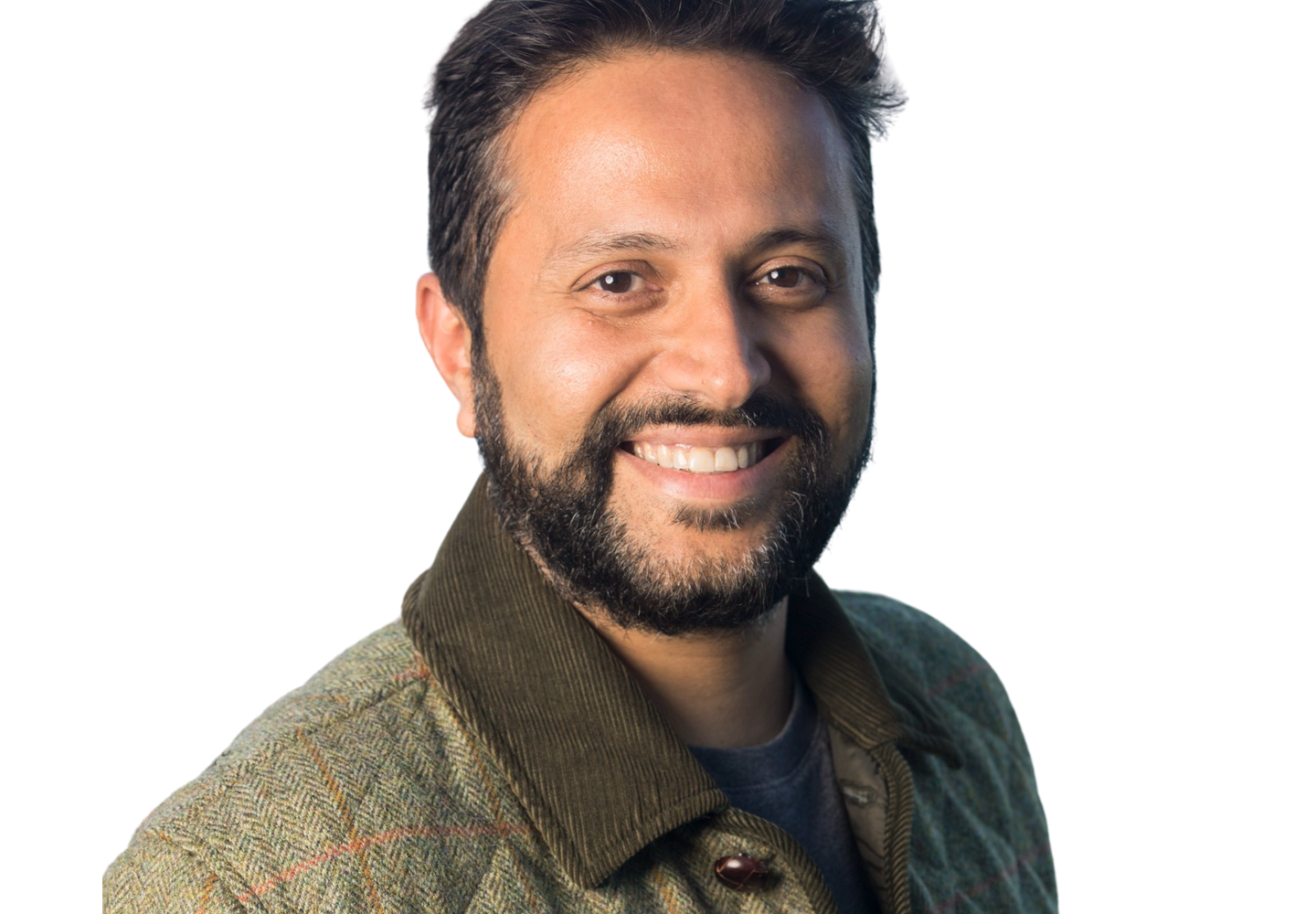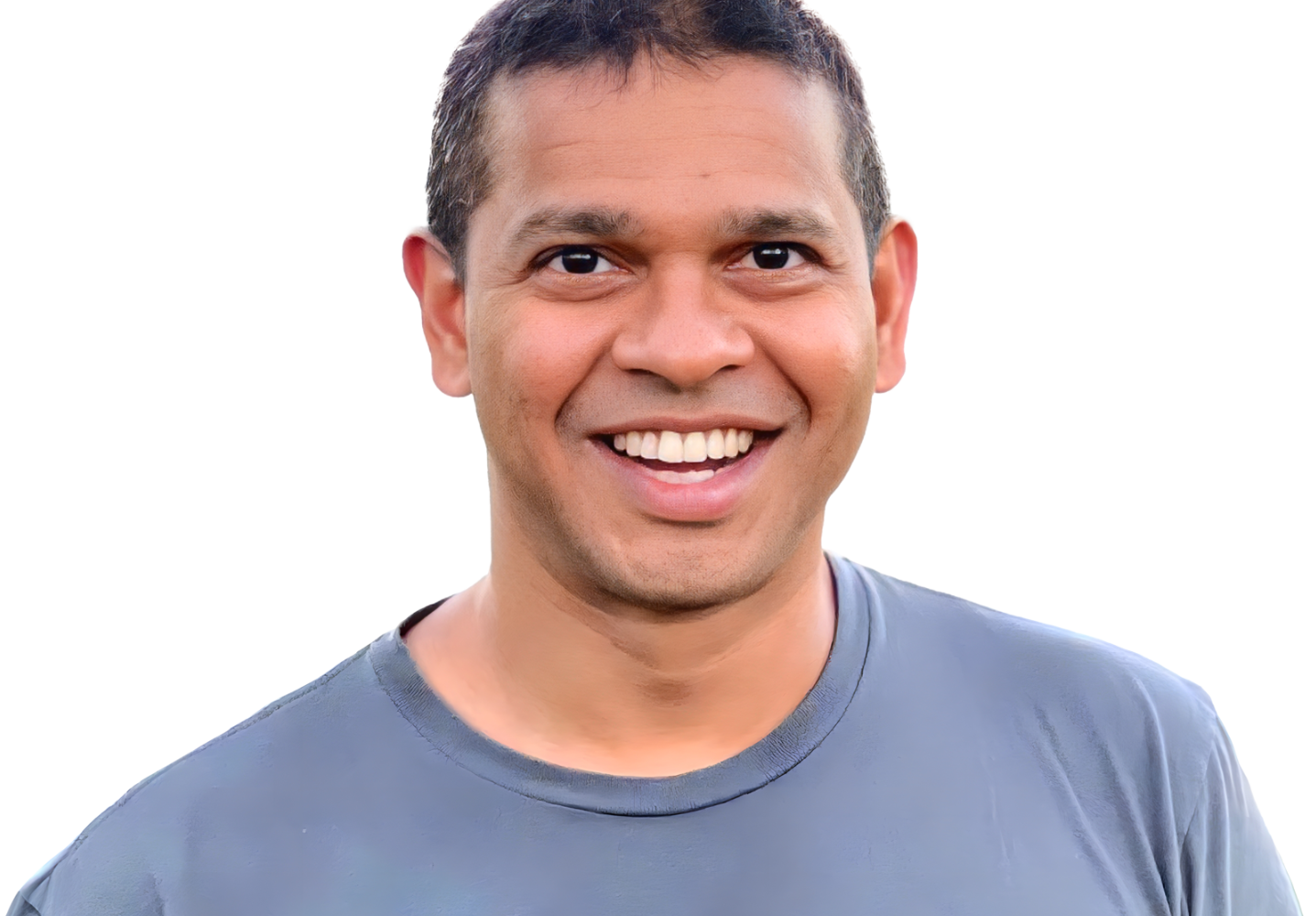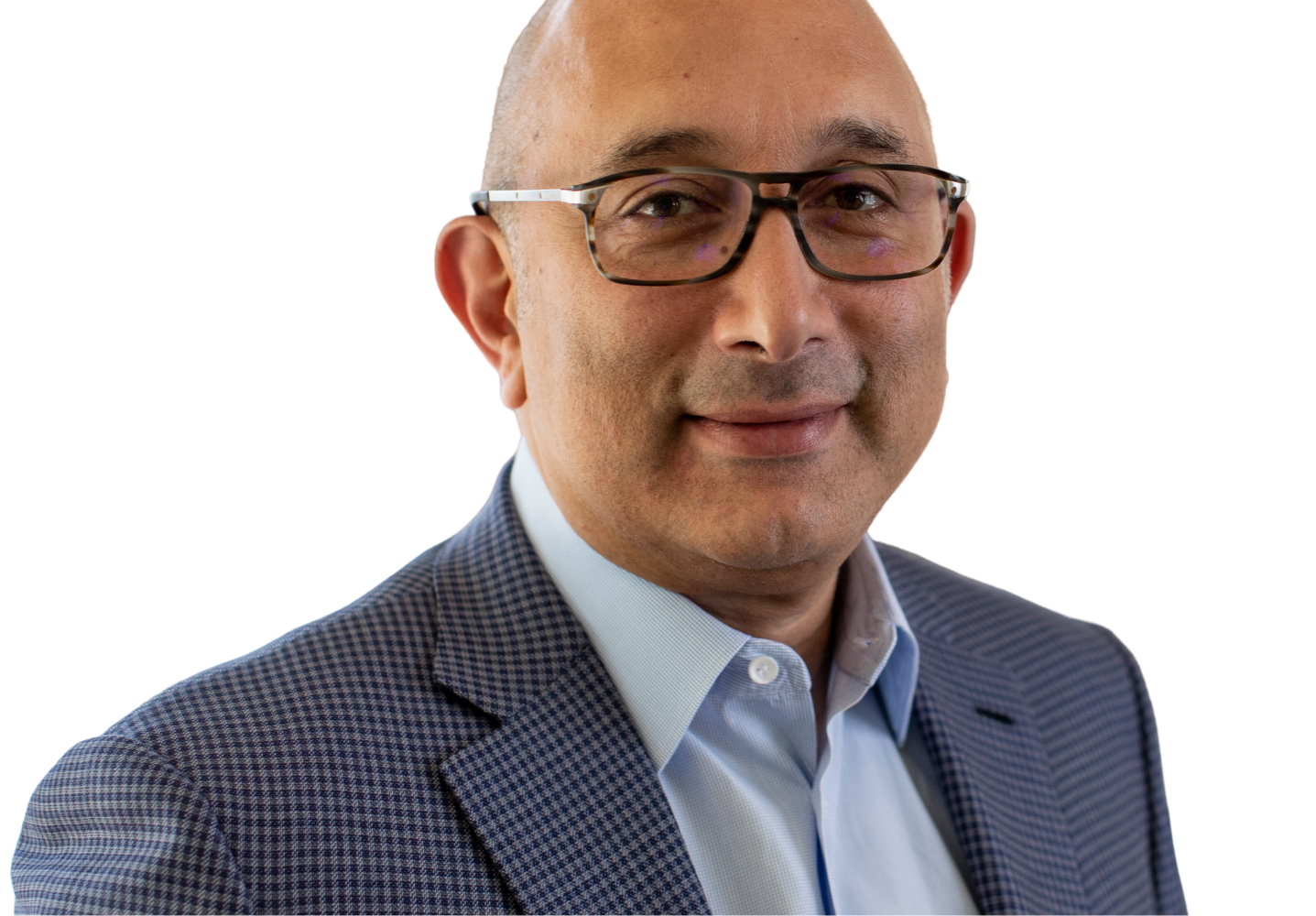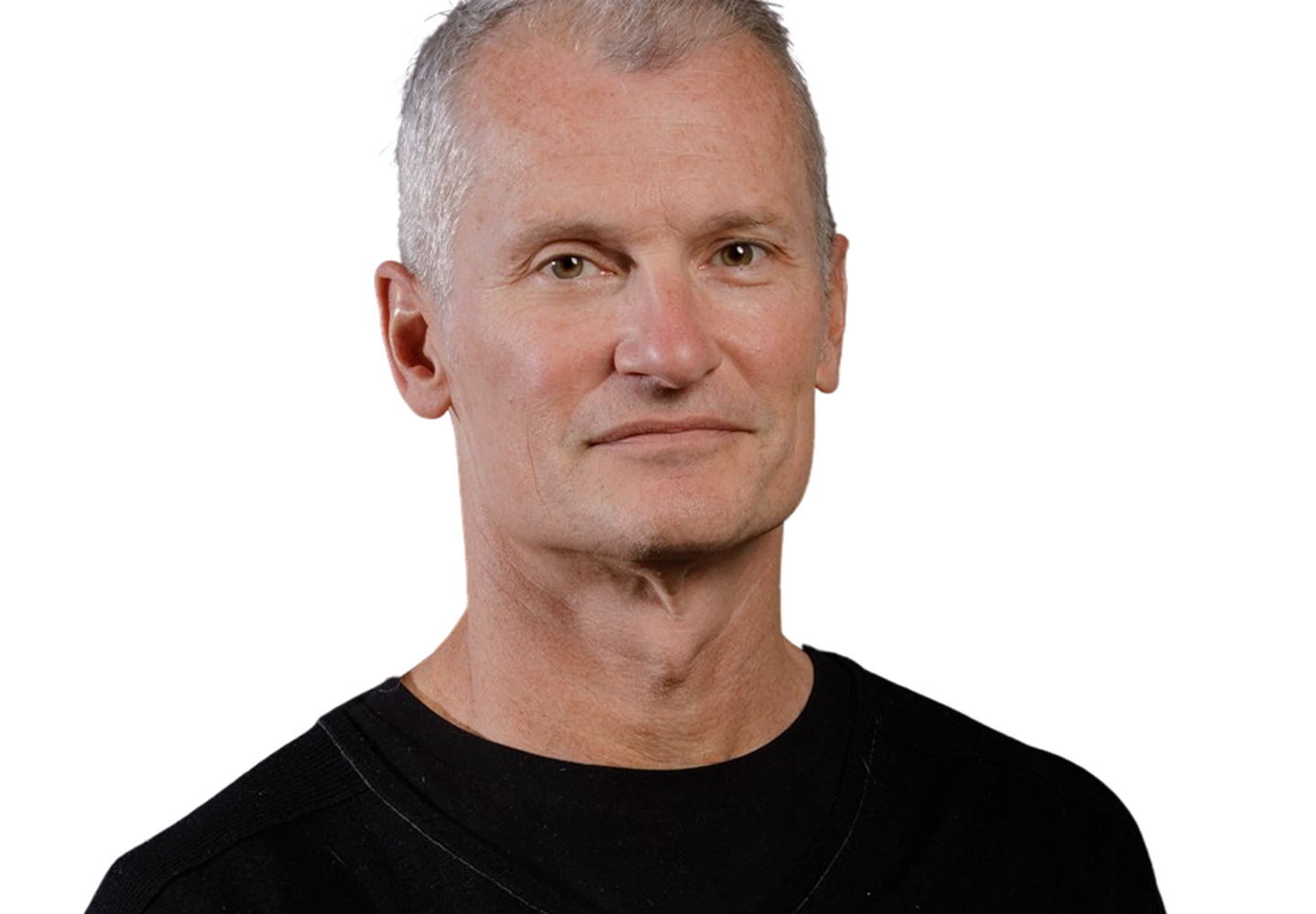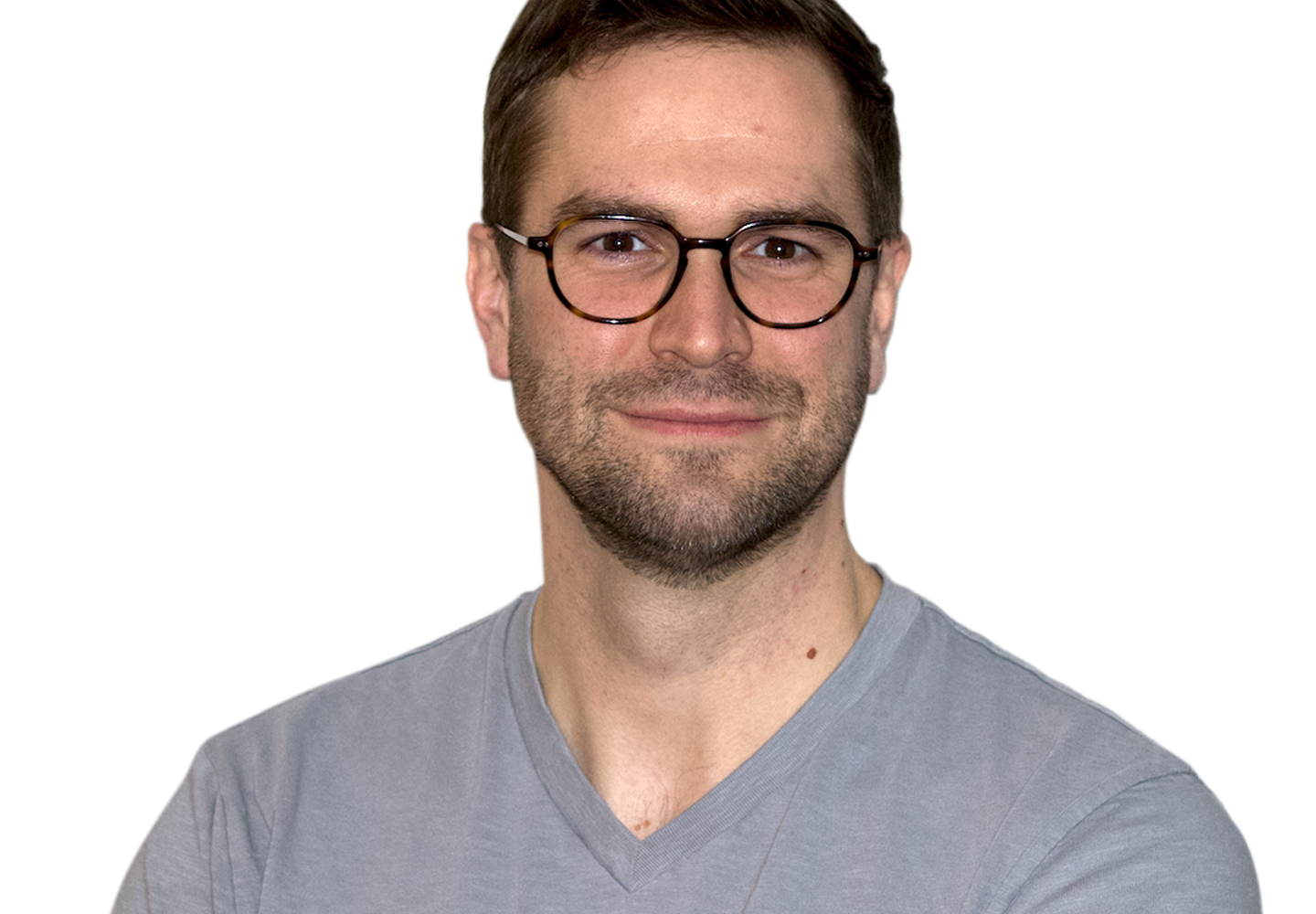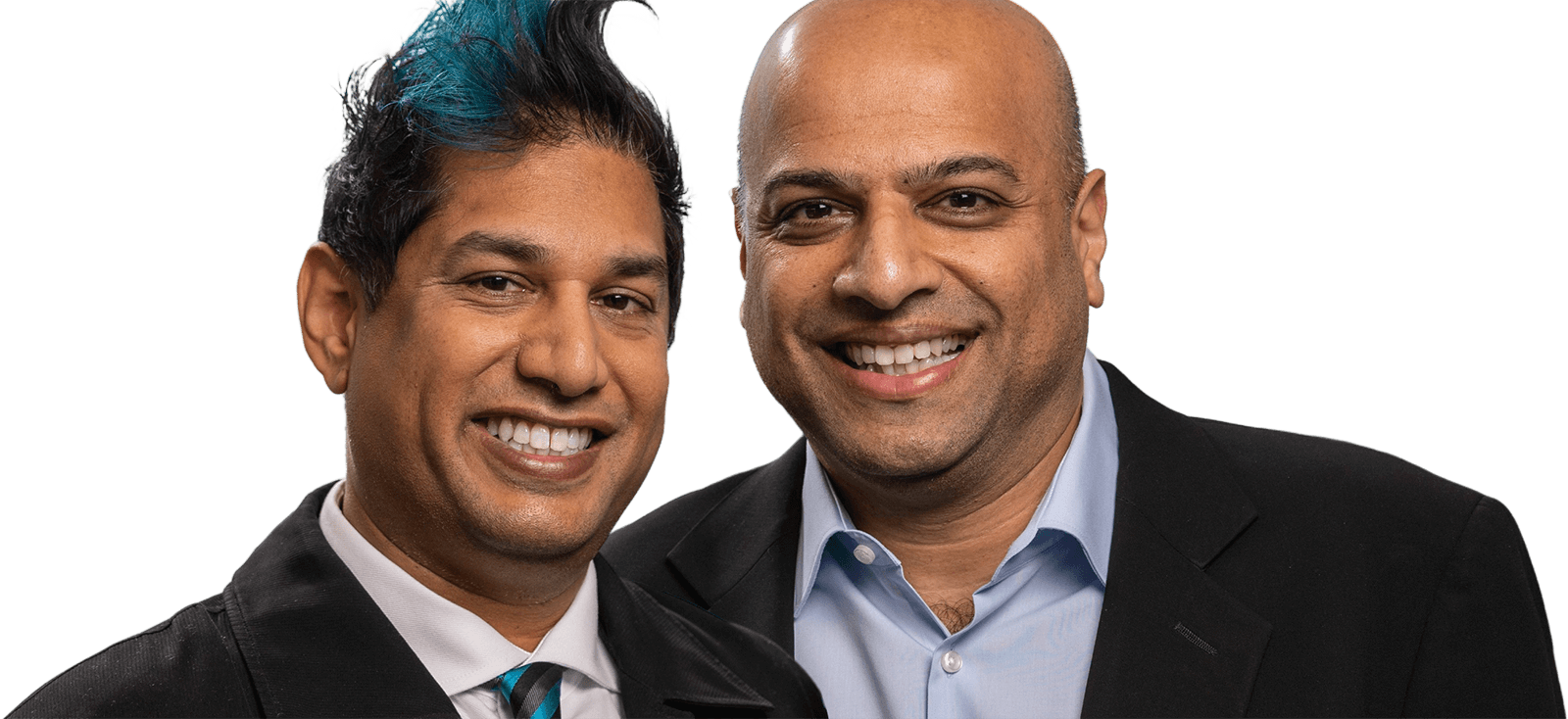What was the problem/the pain point that inspired the creation of SeekOut, and why were you the right person to tackle it?
I’ve always believed that people are the real difference makers. Whether you’re leading a research team of grad students, or a large organization like the Skype and Exchange group at Microsoft, the people you have and the culture of the team will determine whether or not you achieve something great.
Yet, even in the digital age, when companies are overflowing with data, it’s not being applied to the internal workforce. It’s a real frustration how little leaders and organizations know about their people. What are their backgrounds? What are their passions? What experiences have they had? Where do they want to go, and what opportunities will help them get there?
Furthermore, how can we align that with the needs of the business? We should be able to answer these questions, and yet when it comes to people, the data either does not exist or exists in a lot of siloed systems and spreadsheets. It can take weeks to pull together data.
That was the pain point we were trying to address with SeekOut. We wanted to figure out how to bring people’s data together from a lot of different sources and then build intelligence, user experience and action layers to solve it. My co-founders and I don’t come from HR backgrounds, but we are problem solvers and technologists with a lot of experience in data, AI and search engines. We believed that if we put our heart into the problem and dug in, we would find a solution and make a difference.
What is it like to work with Madrona?
Working with any VC, you interface at two levels. One is with the direct investor who sits on the board with you, and the other is with the firm’s team, in how they come together to support your company. For us, we are primarily working with Soma, and Soma is amazing. I had known him from my Microsoft days, and I knew he was just a wonderful human — smart, collaborative, with very low ego. I had no doubt that he would be a partner and work with us, which has turned out to be totally true.
As I got to know the larger firm, I experienced how well Madrona shows up as a team. People come together to contribute and offer the right support, depending on the need of the company. I might ask how we invest extra money that we have, and Hope will go and approach a company. Or we might need to work with SAP, and Steve will connect us with someone he knows. They are all willing, as a team, to lend their experience, expertise, and advice. That has been wonderful.
Tell us about a Madrona moment.
Raising our Series-B stands out fondly in my memory. We were looking to raise a $65 million round. I got together with Soma, who is super well connected to the broader VC community, and we made a list of VCs we would approach. One day, in mid-January 2021, Soma called and said, “I want you to meet this growth VC tomorrow.” I told him we only had a rough draft of our pitch deck, but he said to reach out and meet with them anyway. I met with the VC the following day, and our 45-minute call became a 90-minute call. Two hours later, a very strong term sheet landed in my inbox that we accepted. Such a quick close was only made possible by Soma’s influence, his strong endorsements in prior conversations with the VC, and his help negotiating the final terms. We saved tremendous time pitching to multiple VCs in the midst of Covid when everything seemed uncertain, and we were able to focus our energies on building our business instead. By the end of 2021, not only had we closed our round, but we had also tripled our ARR.
What have you learned about yourself during this process?
The thing that has really come to the forefront for me is the immense power of culture and values in growing a company. Culture had always been an abstract notion to me, but that has changed during my time leading SeekOut. I have come to realize that values and culture are something that are deeply ingrained in an organization and can really support you or hurt you. Our culture of being kind, empathetic, curious, collaborative, and diverse makes a difference when hiring, makes a difference in our retention rate and makes a difference in the kind of talent we can attract. That has been a growing and learning journey for me. It is not only a startup lesson — it has been a life lesson.
What is the most important lesson you have learned during your startup journey?
One thing I’ve learned is that when fundraising, you should raise more than you think you need in that moment. There’s a philosophy in fundraising that you’ll get diluted when you raise funds, so you want to raise the minimum amount that will allow you to show progress and take you to the next round.
But one thing I’ve learned, with Madrona’s help, is that it is so hard to predict the economic environment and the challenges you may encounter. Having a very healthy buffer that can take you through the hard times really matters.

